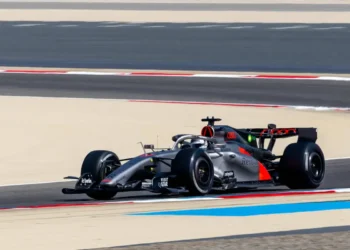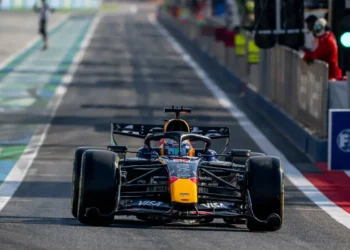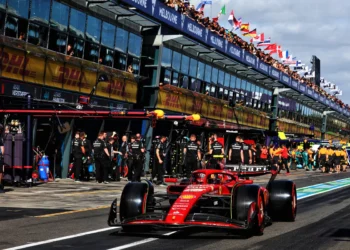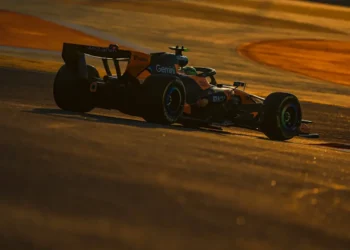The president of the International Automobile Federation (FIA), Mohammed Ben Sulayem, has recently put forward a proposition that Formula 1 should contemplate reverting to the usage of V10 engines, this time powered by sustainable fuels. The question that arises then is whether this suggestion merits serious deliberation.
Formula 1 has plans in the pipeline to transition to fully synthetic fuel in the coming year. This move forms part of a broader engine revamp strategy, which includes a balanced division of responsibilities between a V6 internal combustion engine and an MGU-K electric motor. The shift will significantly amplify the reliance on electric vehicles within the motorsport.
Sulayem’s idea prompts contemplation over the future of the sport’s power units. The proposition of V10 engines, a blast from the past coupled with a modern sustainable twist, might appear to some as an attractive prospect. But what are the real implications and feasibility of this potential upheaval?
The return to V10 engines can create a nostalgic allure for many enthusiasts who miss the distinct growl of these powerhouses. However, the idea runs the risk of being seen as a retrogressive step, especially when the world is steering towards a more sustainable future with electric vehicles and renewable energy sources.
Moreover, the concept of these engines running on sustainable fuels does provide an interesting twist. Yet, the practicality of this implementation remains uncertain. The transition process may prove time-consuming and expensive, potentially disrupting the current strides Formula 1 is making towards a more sustainable model.
In conclusion, while Sulayem’s proposal may be intriguing, it’s crucial to assess the practical implications and the long-term vision for Formula 1. The appeal of a return to V10 engines, even if powered by sustainable fuels, should not overshadow the importance of continuing the sport’s progress towards a more sustainable and environmentally friendly future.










